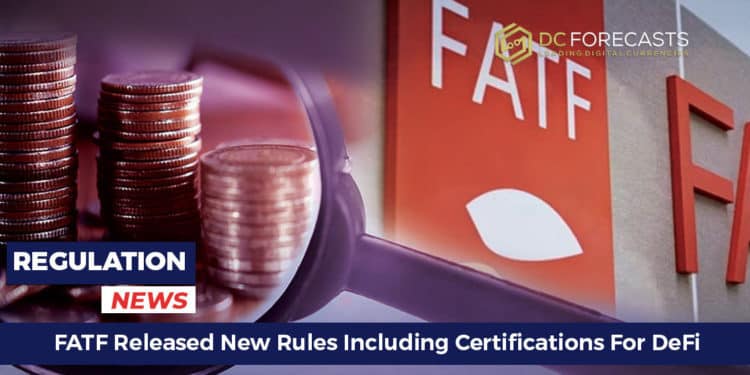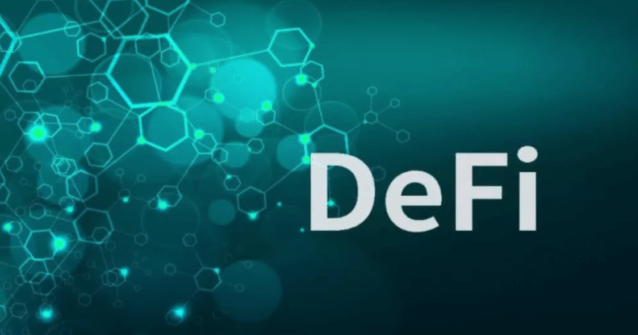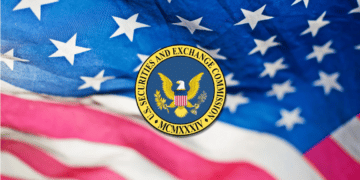FATF released new rules regarding certifications for Defi and NFTs but the community is not really pleased, let’s see why on today’s cryptocurrency news.
The FATF released new rules about NFTs and Defi as well as virtual asset service providers but the inclusion of Defi and NFTs sparked a debate in the online community. Just a week after the FATF announced finalizing the crypto guidance, the anti-money laundering regulator released an updated version with clarifications for platforms that handle virtual assets. The draft called for VASPS to conform to the standards applied to legacy financial establishments.
1/ 🚨 Long-ish thread on the crypto + DeFi guidance issued by the Financial Action Task Force.
tl:dr, it’s not great.
My initial read is that the FATF sees a world in which permissionless + decentralized systems are—at best—suppressed.https://t.co/JG2c0O9gvz
— Miller (@millercwl) October 28, 2021
Companies that offer services related to stablecoins, decentralized finance apps, peer to peer transactions and more, could have to keep a close watch on the customers’ credentials and the funds to avert money laundering and terrorism financing and in a nutshell, the platforms are required to adhere to the existing rules and to conduct AML and anti-terrorism financing checks. In the case of peer to peer transactiosn, the FATF guidelines stated that the countries could enforce practices like record-keeping or capping transactions limits to the specific addresses and it reads:
“.. countries and VASPs should seek to understand what types of P2P transactions pose a higher or lower risk and understand drivers of P2P transactions and their different risk profiles.”
It’s not surprising that the FATF guidance aims to increase the regulatory oversight and to bring the crypto industry in congruence with traditional finance since it was a long time coming. The message was clear but what sparked some community members to the debate was when the international body touched the subjects of NFTs and DeFi. According to the published documents, the creators, owners, and operators that maintain influence in the DeFi arrangements could be required to abide by the rules set by the regulator. On NFTs the guidance detailed that these tokens are included in the FATF definition of virtual assets but no matter the terminology, FATF rules could apply to NFTs as well. The DeFi community was far from being pleased with the new guidance as Miller Whitehouse-Levine who is a policy director of the Defi Education Fund, heavily criticized the clarification on DeFi on the tweet.
DC Forecasts is a leader in many crypto news categories, striving for the highest journalistic standards and abiding by a strict set of editorial policies. If you are interested to offer your expertise or contribute to our news website, feel free to contact us at editor@dcforecasts.com
























Discussion about this post